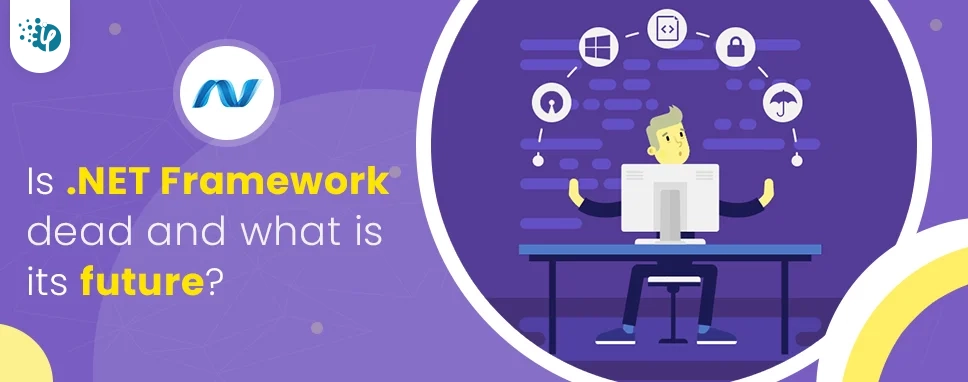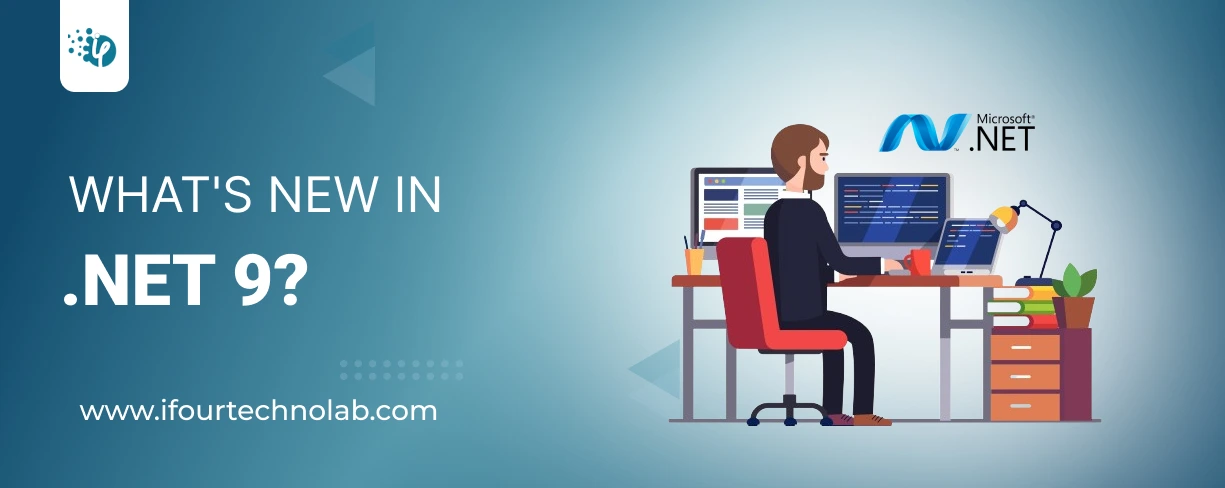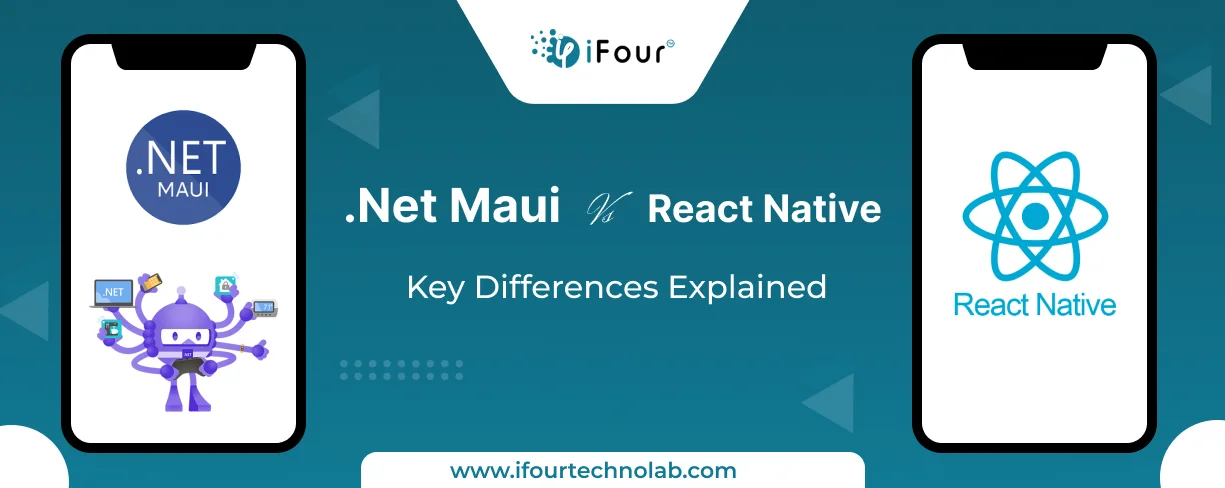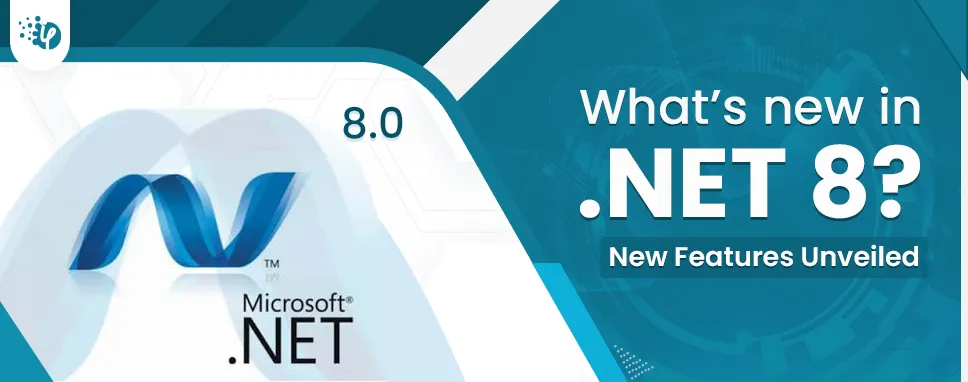“Yes, the .NET framework is dead. It is dead because it will never update or come out with anything new again - and it already hasn’t for a year. Though it may receive some security updates, it’s features will never update. Microsoft announced back in 2019 that it would be releasing its last ever framework, so the company itself announced its end. Luckily, there are lots of alternatives out there, like Delphi, Java, Python, Node and more.”
- Brian Donovan from Timeshatter
“The .NET framework appears to be dead, for several reasons. First, its last release was in 2019, over two years ago. Second, its successor, .NET 5.0, had a rollout that was confusing and actually infuriating to web developers globally as a matter of fact. The main reason behind that is that those developers felt that there was a gap existing between its release and its stability. Developers, among others, were basically left guessing for the most part.”
- Thomas Hawkins, Owner of Electrician Apprentice HQ
“Not exactly! .NET framework is the best Microsoft framework for creating web applications and desktops. This framework hasn't received any update since 2019.
Previously, Microsoft proclaimed that the .NET framework 4.8 would be the advanced release of .NET. As Microsoft's controversies are moving forward, the .NET framework has a wide array of developers worldwide. They have felt that there is a particular gap between stability and release in software development giant products. Therefore, it's not exactly dead; it will be rolling out soon with more incredible features.
Also, Microsoft is bracing the developers for the inevitable comeback, indicating that the .NET framework isn't dead.”
- Eden Cheng, Co-Founder of PeopleFinderFree
























